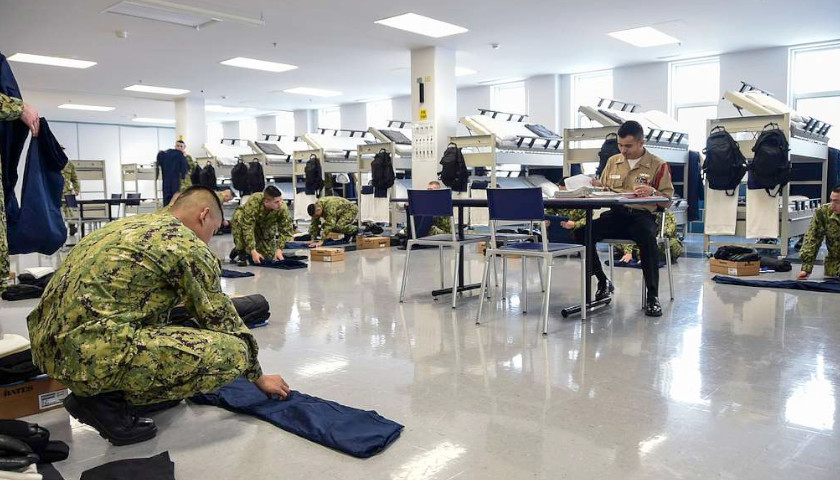by Brett Rowland
The Pentagon came up short on its recruitment goals.
The Defense Department’s senior officials testified Wednesday about shortfalls in Army, Navy and Air Force recruiting in the fiscal year that ended in September at a hearing of the House Armed Services Military Personnel Subcommittee. The Marine Corps and Space Force made their recruiting goals.
The military services together missed goals by about 41,000 recruits in fiscal year 2023, said Deputy Under Secretary of Defense for Personnel and Readiness Ashish Vazirani.
“That number understates the challenge before us as the services lowered [their] end-strength goals in recent years, in part because of the difficult recruiting environment,” he said. “The all-volunteer force faces one of its greatest challenges since inception.”
The all-volunteer force was created after the draft ended in 1973.
Vazirani cited multiple reasons for the recruitment shortfall, which he called “complex and multifaceted.”
Among the reasons: A strong economy that means more options for young people, a smaller eligible population, Generation Z’s generally low trust in institutions and fewer young people with family members who have served in the military.
In 1995, 40% of young people had a parent who served in the military, Vazirani said. By 2022, 12% had a parent who had served.
“This has led to a disconnect between the military and a large share of society,” he said.
Vazirani said that “while the picture of the current recruiting environment is acutely difficult, the Defense Department and the military services are working together to resolve issues, improve processes, and expand awareness of the many opportunities military service offers.”
In September, the U.S. Government Accountability Office issued a report on military housing. It detailed sewage backups and inoperable fire systems are among the safety hazards that U.S. service members living in barracks face. The report found such conditions undermine quality of life and military readiness.
The U.S. Government Accountability Office report found that the Pentagon’s assessments of conditions at barracks “are unreliable” and “observed barracks that pose potentially serious health and safety risks – such as broken windows and inoperable fire systems – and that do not meet minimum [U.S. Department of Defense] standards for privacy and configuration.”
Conditions were so bad in some places that service members sometimes took “drastic action, such as getting married, just to leave the barracks,” according to the report. Hundreds of thousands of U.S. troops live in barracks, which are for the most junior-ranking unmarried service members without children or other dependents.
– – –
Brett Rowland is an award-winning journalist who has worked as an editor and reporter in newsrooms in Illinois and Wisconsin. He is an investigative reporter for The Center Square.








